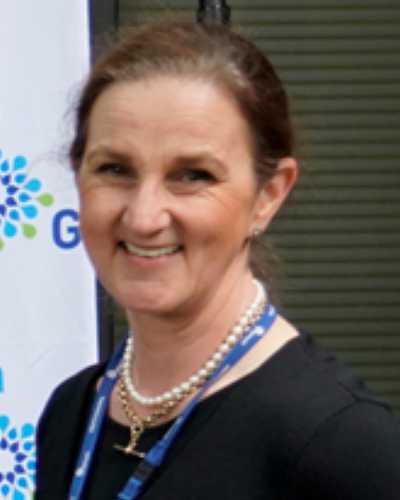Context: The Allied Health Career Pathway Blueprint highlights the need for structured education initiatives to support career development. The Victorian Allied Health Credentialling, Competency, and Capability (CCC) Framework, which defines the behavioural skills and attributes required for effective performance, was integral to designing a Transition to Grade 2 Capability Program (TG2CP). By aligning the CCC Framework capabilities with the proposed program, the TG2CP aimed to develop a confident and capable workforce ready to progress from Grade 1 to Grade 2.
Issue: A key challenge for regional health services is equipping early career Allied Health Professionals (AHPs) with the necessary capabilities for Grade 2 roles. Locally, specific capability gaps aligned with the CCC Framework were identified through interviews with allied health managers and a survey of early career AHPs. Three focus activity groups emerged: supporting processes and standards; collaborating interprofessionally and with clients; and developing self and others. This highlighted the need for a structured, interdisciplinary program to address these gaps beyond department-led initiatives.
Lessons Learned: The 6-month TG2CP involved nine AHPs from various allied health science and therapy disciplines and incorporated face-to-face masterclass sessions, project work and one-on-one coaching with senior clinicians. The program evaluation showed that participants felt supported in transitioning to Grade 2 roles, with enhanced confidence in identifying and developing their professional capabilities. Interdisciplinary education was particularly effective in preparing participants for advanced roles. By investing in interdisciplinary capability programs, health services can strengthen workforce development strategies, ensuring sustainable career progression pathways.




